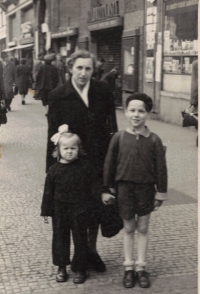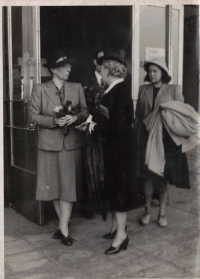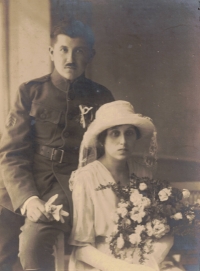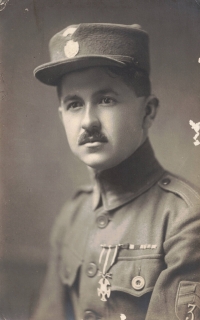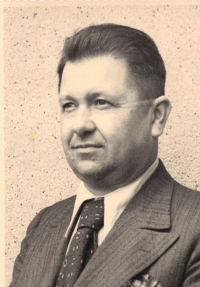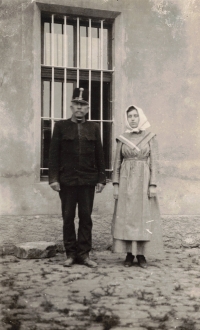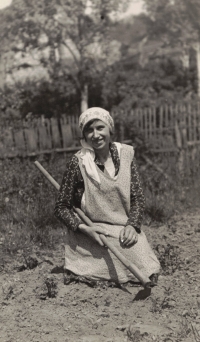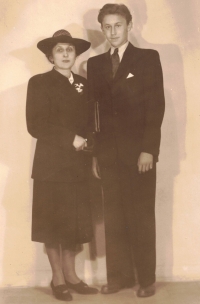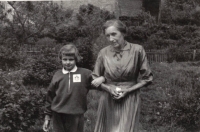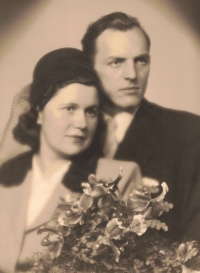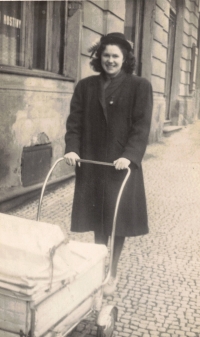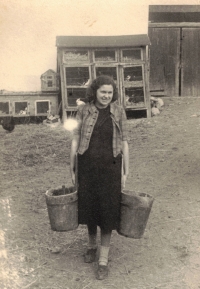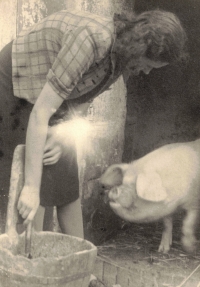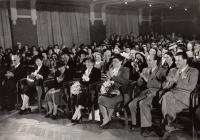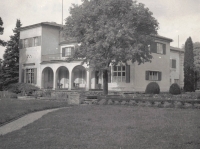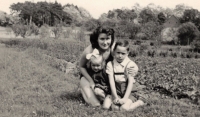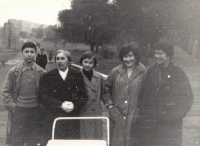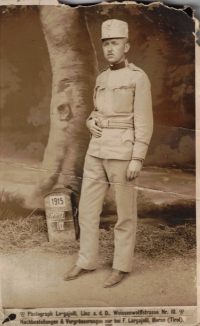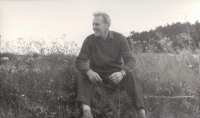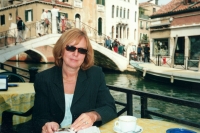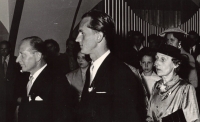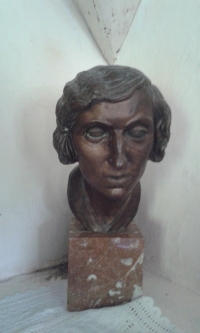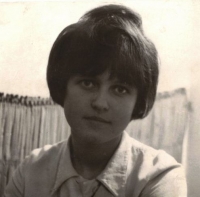I believe in friendship

Download image
Dana Paulová, née Hašková, was born in 1950 in Prague into a family that respected the Masaryk ideals of the First Republic. The defining figure in the family was her grandmother Aurélie Šestáková, called Rela, sentenced to death during the First World War. She became friends with Alice Masarykova and Hana Benešová in an Austrian prison. Her grandfather Antonín Šesták was a legionnaire and was imprisoned for four years during the Second World War during his resistance activities. Her father Antonín Hašek was expelled from the Ministry of Foreign Affairs after February 1948, the family had to leave Prague and found a shelter for some time on a family farm in the village of Hleďsebe in Mělník region. Dana was raised here by her grandmother Rela until 1960, then she returned to Prague and in a more relaxed situation in the 1960s she was able to graduate from a secondary school of catering and complete internships abroad. In 1969, the witness had the opportunity to emigrate with her aunt and uncle Šesták to Italy, but she decided to stay at home. After 1989, Dana and her husband Roman Paulů owned and managed the Adria restaurant in Prague’s Národní třída. In 1996, the witness overcame a serious illness and then moved to a family farm in Hleďsebe in Mělník region.
